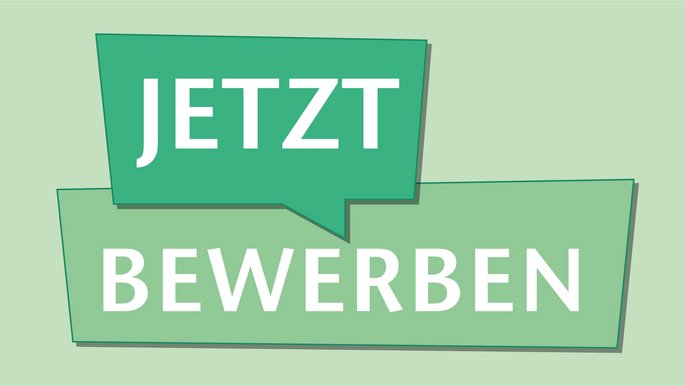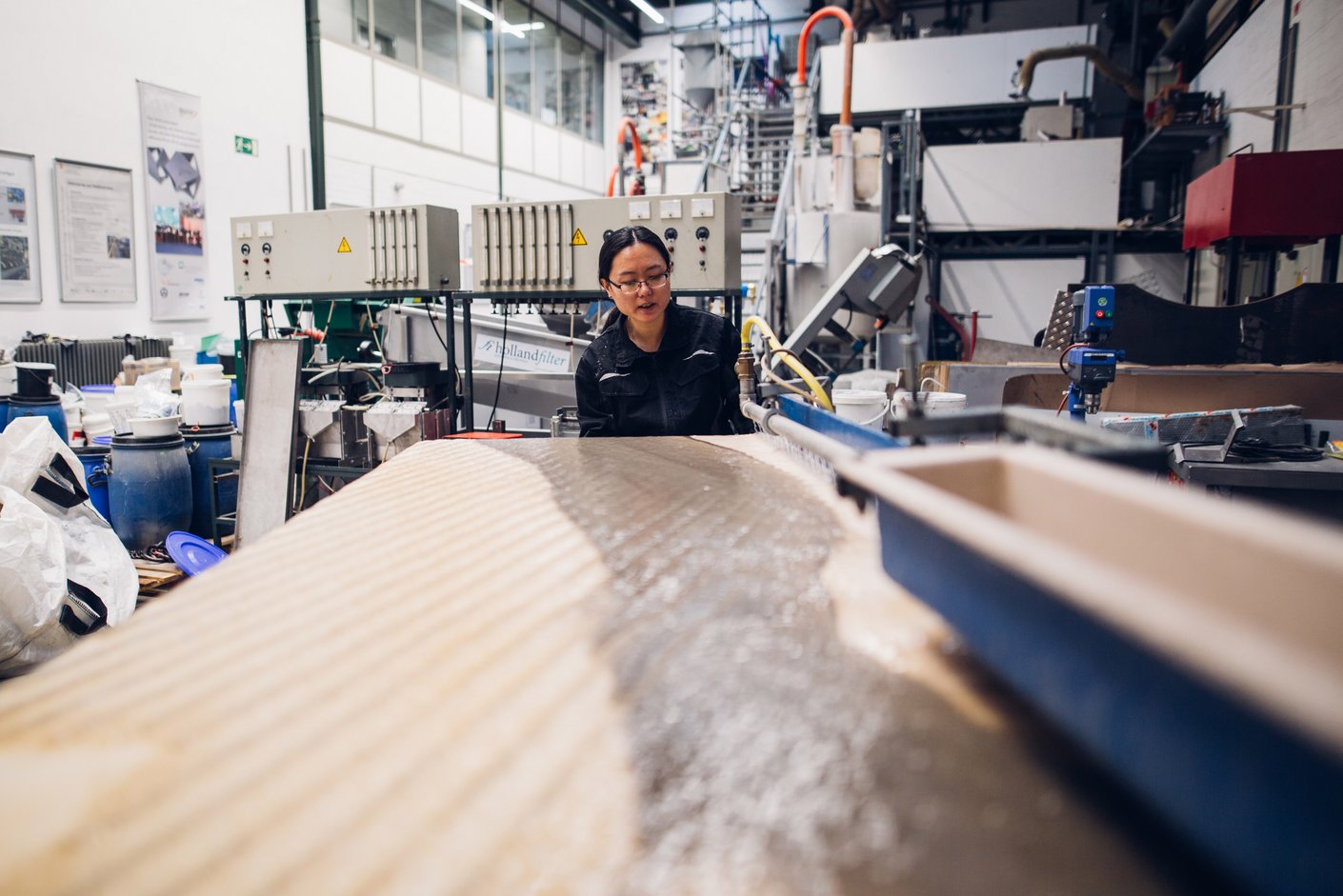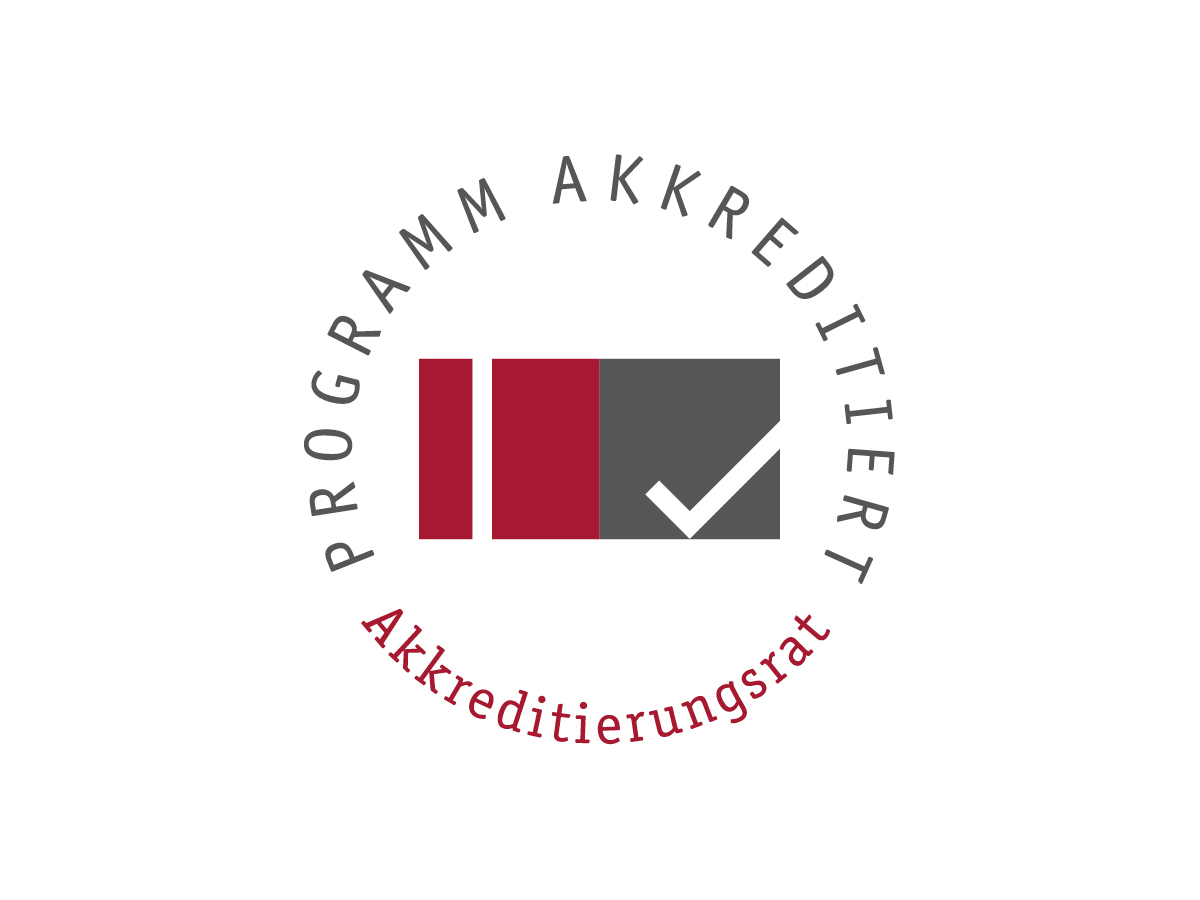Growing mountains of waste, marine litter etc. on the one hand, a shortage of raw materials and increasing dependence on raw material imports on the other, and the potential for CO2 savings through recycling on the third are the drivers of a development from waste management to recycling management to resource management. Dealing with waste, wastewater and emissions from a technical, economic, ecological and social point of view is the subject of the course, which trains generalists for the challenges of the future in this field.
Job profile and labor market
The professional field of engineers specializing in environmental process engineering and recycling encompasses all activities that deal preventively or reactively with the protection of the environment and/or with securing raw materials from waste streams. Their tasks include production-integrated environmental protection, recycling and the analysis, prevention and remediation of the formation and spread of pollutants in the air, water and soil. They are able to develop holistic strategies, design processes and plan, build or operate plants, taking into account ecological, economic and legal aspects. The professional and occupational fields are very diverse due to the generalist training.
- Recycling and waste management industry
- Raw and basic materials industry
- Automotive and electronics industry
- Plant construction
- Waste water treatment plants
- Remediation companies
- Authorities and environmental agencies
What makes the degree program in Clausthal special
The practical development of processes and their support in industrial implementation have a long tradition at Clausthal University of Technology. In one of the strongest international recycling regions, the Harz recycling region, this is driven forward in close cooperation with a large number of companies and research institutions. Graduates of the degree course work closely together regionally, nationally and internationally, often later in company or research networks in this field, which will expand massively in the coming decades. Practice-oriented teaching integrated into research therefore takes place not only in the lecture hall, but also in modern technical and chemical laboratories and in cooperation with companies.
Structure of the study program
The basic knowledge of the course is taught in compulsory courses such as general recycling structures, the recycling of metals, glass and plastics as well as wastewater technology and air pollution control in the first three semesters. A large number of elective modules are also offered in the field of process engineering, sustainability, environmental law and social aspects. Students can gain practical experience in the laboratory internships offered in the second and third semesters and during the student research project in the third semester. The knowledge acquired can then be brought together in the fourth semester in the form of a Master's thesis.
- Circular economy and resource efficiency
- Waste streams and recycling technologies
- Recycling of metals, plastics and minerals
- Process engineering for the treatment of waste
- Thermal treatment of residual and waste materials
- Wastewater technology and air pollution control
- Sustainability management
- Laboratory practicals
- Study & Master's thesis

Prof. Dr.-Ing. Daniel Goldmann
Phone: +49 5323 72-2735
Fax: +49 5323 72-2353
E-mail: ma.uvtr@tu-clausthal.de
Institute of Mineral Processing, Landfill Engineering and Geomechanics
Walter-Nernst-Straße 9
38678 Clausthal-Zellerfeld
Overview
Type of program: Master
Duration: 4 Semester
Language of instruction: German
Degree: Master of Science (M.Sc.)
Start date: Admission to the winter semester, but also to the summer semester possible.
Accreditation: Decision of the Accreditation Council
Beginning of studies
Welcome Weeks (before lectures begin)
TU Clausthal supports students as they start their studies with various event formats.
Pre-course in mathematics (before the start of lectures)
The Institute of Mathematics offers a pre-course in mathematics for Bachelor's degree programmes (in German). Master's students who would like to refresh their mathematics knowledge are also welcome to attend this course.
Admission requirement
The Master's program builds on various Bachelor's programs. Graduates of the Bachelor's programs in Process Engineering/Chemical Engineering, Geoenvironmental Engineering and Energy and Raw Materials at Clausthal University of Technology as well as of a number of other Bachelor's programs in the fields of environmental engineering, process engineering, raw materials engineering at other universities and universities of applied sciences can be admitted to the Master UVTR.
Documents
Study program flyer
Legal basis
- General examination regulations
- Implementation regulations (2024) valid from winter semester 2024/25
- Implementation regulations (2018)_valid until the end of WS 2027/28
Admission regulations
Elective catalogs
only for AFB 2024
only for AFB 2018
Model study plan
only for AFB 2024
only for AFB 2018
Module Handbook
only for AFB 2024
only for AFB 2018



